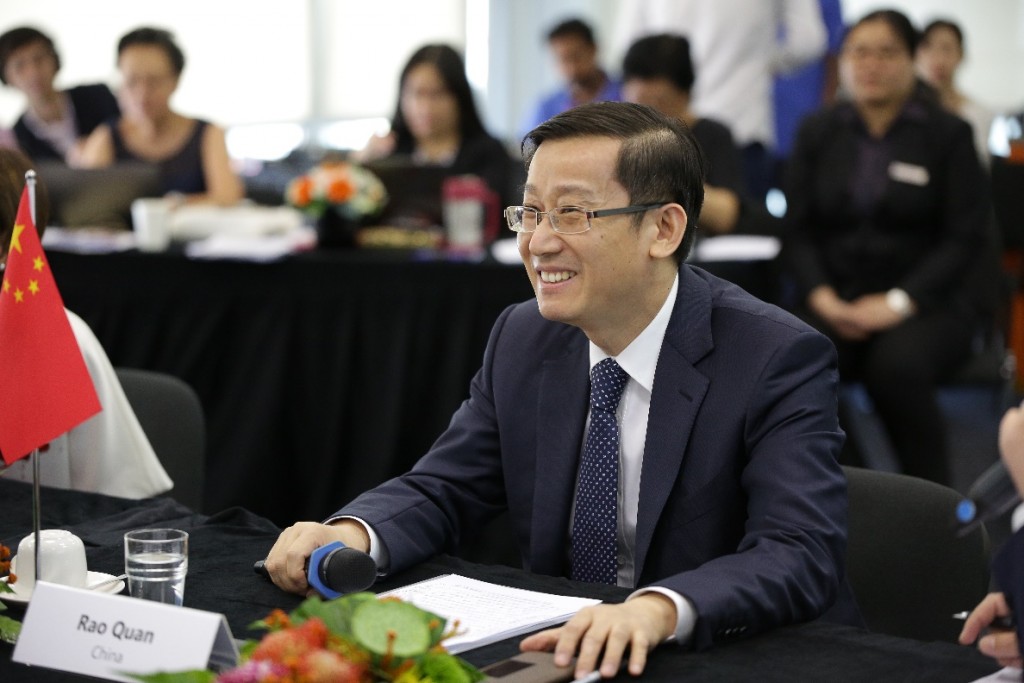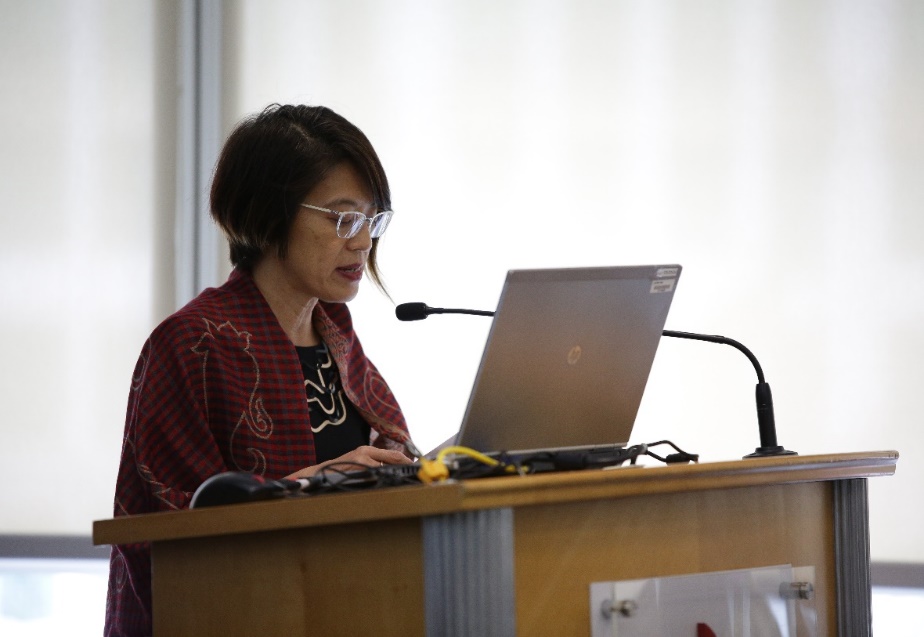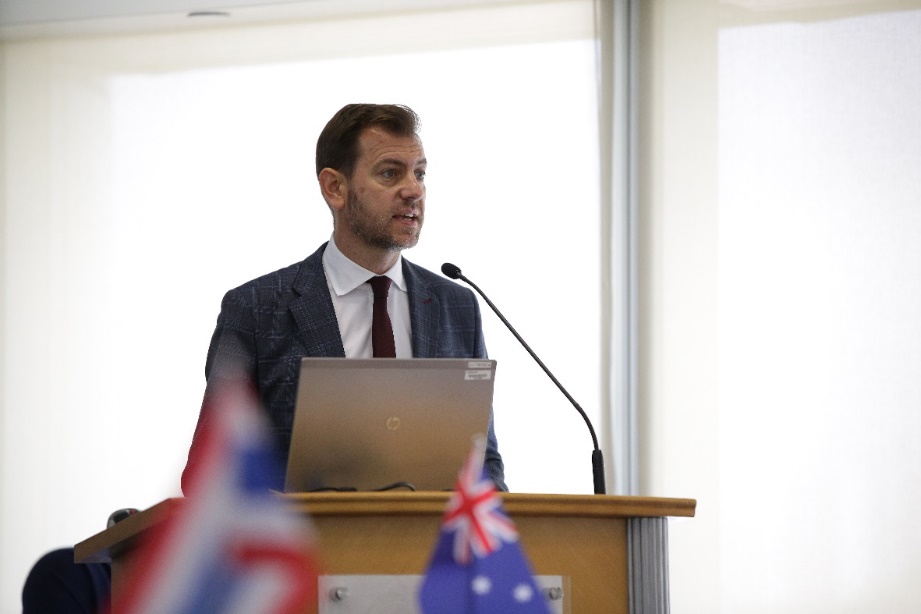2nd Forum on The Silk Road International Library Alliance 21 February 2019, Singapore
28 March 2019
The 2nd Forum for the Silk Road International Library Alliance was held on 21 February 2019 at the National Library Building in Singapore. Hosted by the National Library Board, Singapore, it was convened in the afternoon after the conclusion of the 27th Conference of Directors of National Libraries in Asia and Oceania (CDNLAO) held earlier in the day.
The Silk Road International Library Alliance was founded on 28 May 2018 in Chengdu, China. It is an open platform for international library cooperation, with the aims of promoting cultural exchange and collaboration between libraries along the Silk Road and for the mutual development of library professionals.
Thirty-eight delegates from 20 countries attended the Forum, which focused on the initiatives and proposals to develop and support the alliance. The Forum commenced with a speech by Mr Rao Quan, Director of the National Library of China, followed by presentations from Ms Tan Huism, Director of the National Library, Singapore, and Mr Stuart J. Hamilton, Deputy Executive Director of the Qatar National Library.
Proposals for the development of the alliance by the National Library of China
Post establishment, the promotion of the alliance and its relevance to the library industry is vital to its development and to raise the alliance’s profile in the international circle as shared by Mr Rao Quan in his speech. The National Library of China has promoted the alliance at various international platforms including the 84th IFLA General Conference and Assembly in Kuala Lumpur in 2018. It has also introduced the alliance to government departments and embassies of other countries to advocate participation. The number of members in the alliance has increased to 27As a result of active promotional efforts.
On the future of the alliance, he noted that it faces challenges in seeing to the varied needs of its members and the transmission of information, owing to the diversity among its members. He raised several proposals to ensure the sustainable development of the alliance:
- form a secretariat within the National Library of China to take charge of daily operations in the alliance
- create communication platforms, specifically a newsletter and an expert database for various library professions such as cataloguing, preservation and conservation, international exchanges etc.
- strengthen cooperation, resource sharing and cultural exchange by building a digital library and collaborating on research, exhibitions and programmes
- organise professional training like seminars, exchanges and visits to uplift the proficiency of librarians
- welcome libraries that are keen to contribute to regional development to the alliance, regardless of whether they have historical connections to the Silk Road or not.

Mr Rao Quan spoke on the strategies for the sustainable development of the Silk Road International Library Alliance.
Programmes to engage the public and showcase Silk Road-related collections by the National Library Board, Singapore
Ms Tan Huism first touched on the National Library Singapore’s efforts in developing its print and digital collections on the contemporary Silk Road and the Belt and Road Initiative. She then outlined several well-received talks for the public that the National Library Board has conducted to raise the awareness of the Belt and Road Initiative. The talks, which were conducted in English and Chinese and helmed by both experts and subject librarians, featured the opportunities presented by the initiative and highlighted the National Library’s collections. On the digital front, she shared that the National Library has launched the Eye on Asia portal (www.eyeonasia.com) featuring resources on ASEAN countries, China and India, as well as resources on the Belt and Road Initiative.

She presented on increasing public awareness in the contemporary Silk Road through collections and programmes.
Digital resource sharing by the Qatar National Library
In his presentation, Mr Hamilton introduced the Qatar National Library which was officially opened in 2018. The library is building up its digital collection by working with other libraries to digitise materials relating to the history and culture of Qatar, which are then incorporated into the Qatar Digital Library (https://www.qdl.qa/en). In addition, it is looking at using digital storytelling to explore Qatar’s place in the history of the Silk Road through its collection. He encouraged members to adopt the digital storytelling approach so that resources could be combined and used to develop a joint digital library on the Silk Route. Lastly, Mr Hamilton concluded his presentation with an offer to host a symposium on library preservation and conservation for members.

Mr Stuart Hamilton recommended enhancing the accessibility
of collections and sharing of resources through digital libraries.